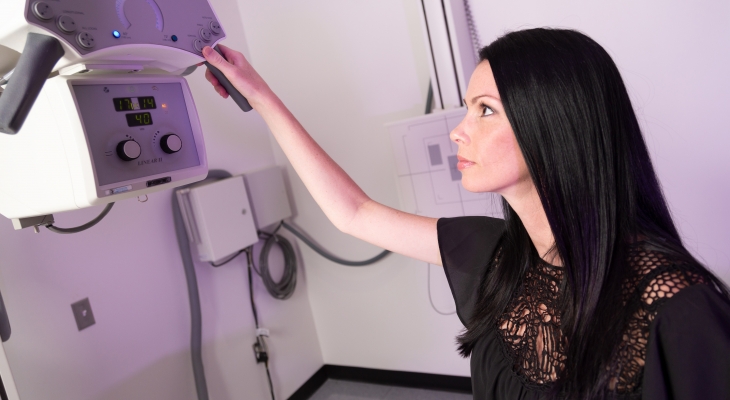
Financial Aid Application Completion Night
A Human Services Professional is a term for people who hold professional and paraprofessional jobs in diverse settings. Human Services is a pathway within the discipline of psychology. It is a broad field covering a number of careers, all having one thing in common—helping people meet their basic needs which cannot be met without outside assistance and allowing people and communities to function at an optimum level. The human services field includes a variety of job titles: including behavioral technician, mental health technician, program coordinator, outreach counselor, crisis counselor and victim advocates to name a few.
Human Service professionals work in practice settings focusing on social problems impacting marginalized and oppressed populations. The primary goal of human services is a commitment to helping people develop the necessary skills to become self-sufficient and fully functioning (to the best of their ability) personally and within society.
At Joliet Junior College, you can earn a certificate on your way to the associate degree in Human Services. Then you can have a smooth transfer to pursue a Bachelor's of Social Work (BSW) and even continue on to a Master's of Social Work (MSW). JJC offers easy, convenient transfer agreements with local colleges and universities so you won’t have to worry about the logistics - instead, you can focus on what really matters: your future career.
All human beings have basic needs, such as the need for food, shelter, and safety. People also have social needs, such as the need for interpersonal connection, love, and community. People have psychological needs, such as the need to deal with trauma from past abuse, or the psychological ramifications of enduring a disaster, such as a tornado or hurricane.
Human service agencies and professionals come into the picture when people find themselves confronted with barriers and cannot get their basic needs met. Human service professionals also assist when people cannot find their own resources for overcoming obstacles.
The following are examples of occupational titles of Human Service workers (some require additional certification/advanced degrees):
Once you have earned your AAS degree or Certificate in Human Services there are several options:
JJC graduates who hold an associate degree can obtain credentials through an independent review of their qualifications. A certification verifies that a professional has met a certain set of criteria for a skill or job as measured by taking an exam.
IMPORTANT: Contact your faculty advisor to make sure you are taking the right classes for transfer.
|
|
Social / Human Services Assistant: helps clients find benefits or community benefits
Average salary: $31,810/year
Job outlook: projected 11% increase (from 2014-2024)
Degree needed: Associate
Substance Abuse Counselor: counsel those who suffer from alcoholism or drug addiction *
Average salary: $41,070/year
Job outlook: projected 22% increase (from 2014-2024)
Degree needed: Associate
* On-the-job experience will allow professionals to obtain additional certifications
Social Worker: Help clients solve problems in their lives; determine their needs and help them create goals
Average salary: $46,890/year
Job outlook: projected 12% increase (from 2014-2024)
Degree needed: Bachelor's
Behavioral Disorder Counselor: Counsel those who suffer from behavioral disorders, such as autism, ADHD, eating disorders, PTSD & more
Average salary: $41,070/year
Job outlook: projected 22% increase (from 2014-2024)
Degree needed: Bachelor's
Marriage/ Family Therapist: Help clients overcome family/relationship problems; guide them by suggesting strategies for improvement
Average salary: $44,170/year
Job outlook: projected 19% increase (from 2014-2024)
Degree needed: Master's
Source: U.S. Bureau of Labor Statistics
Additional information


The application for the radiologic technology program will be open from Nov. 1 through Nov. 30. The Radiologic...